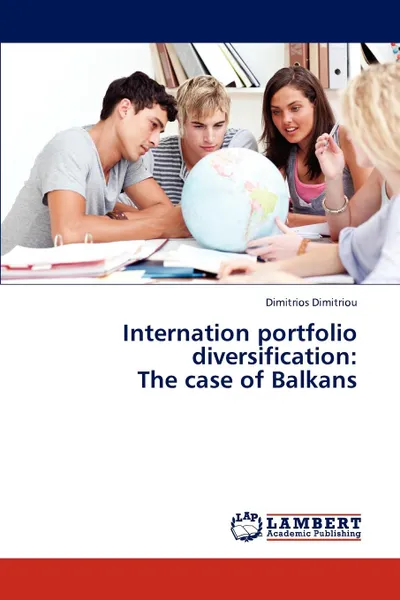Internation Portfolio Diversification. The Case of Balkans 12+
Автор: Dimitrios Dimitriou
68 страниц
Категория: Бизнес образование
ISBN: 9783847324911
Язык: Английский
📗 This study aims to examine the long and short term relationships between the three developed countries (USA, Germany and Greece) and three emerging Balkan countries (Bulgaria, Romania and Croatia). The data used in this study consisted by daily closing prices of large cap indices. The indices considered are the S & P 500 of U.S.A., the Xetra DAX of Germany, the ASE of Greece, the Vanguard of Romania, Bulgaria Sofix and Grobex of Croatia in the period 2/11/2000 to 30/12/2005 at a total 1187 observations. Of course the data are normalized according to dates. Then I used the econometric software Eviews and applied Johansen cointegration methodology to examine the integration between emerging and developed markets, both individually and collectively. The existence of integration vectors implies sustainable balance and therefore can't be many benefits of international diversification in such case. The appropriate test for the existence of short-term equilibrium is testing for Granger causality. Testing for Granger causality is employed to examine the existence of short-term relationships between developing and developed markets.
Мнения
